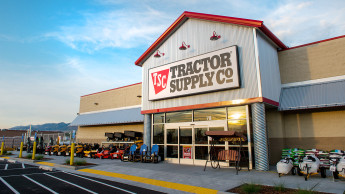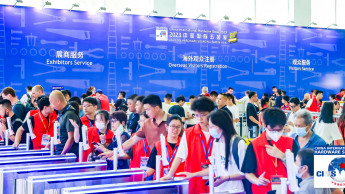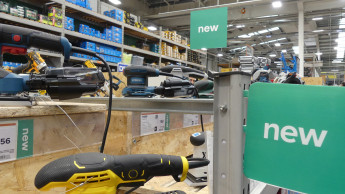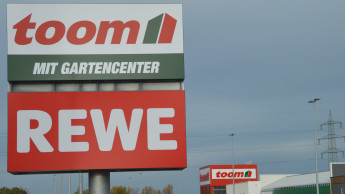One of the key challenges in the retail business is efficient mana-gement of the supply chain: who delivers which products when, how, where and in which quantities so that customers can find exactly the items they are looking for- In their study "Future Supply Chain 2016" (2008), Global Commerce Initiative and Capgemini show that increasing requirements for sustainable economic activities will also have a strong impact on supply chains in the retail business. In addition to factors such as shelf availability and cost consciousness, parameters such as CO2 emissions, energy costs, product traceability and traffic volumes play an increasingly important role.
Cooperation is an essential building block in the vision of an optimal supply chain. For example, if companies shared a common warehouse and, at the same time, ensured optimum utilization of their trucks, they could reduce the traffic volume and the emission of harmful substances. In addition, to be able to guarantee an efficient process, all participants would have to be fully integrated into the supply chain. If all participants - consumers, retailers, suppliers, manufacturers and logistic service providers - were pursuing the same objective, their success could be maximized. However, each individual participant could also contribute to a sustainable value-added chain. For instance, the retailer could do so by automating his replenishment processes.
Using automated forecasting and replenishment software such as that provided by the Swiss SAF AG, DIY stores can reduce inventories to a minimum without increasing out of stocks. On the contrary: with computer-generated ordering, retailers can reduce both inventories as well as out of stocks on their shelves. Based on past sales of individual products, the software precisely forecasts which products and quantities customers will purchase in the coming days or months. That way, it is able to calculate the optimal order quantity for the optimal point in time.
Various influencing factors such as calendar events (for example, Valentine's Day, Easter and Christmas), cost aspects and special supplier pricing terms are considered in the calculation. Thanks to their precise forecasts, full automation allows…

 Menü
Menü














 Newsletter
Newsletter